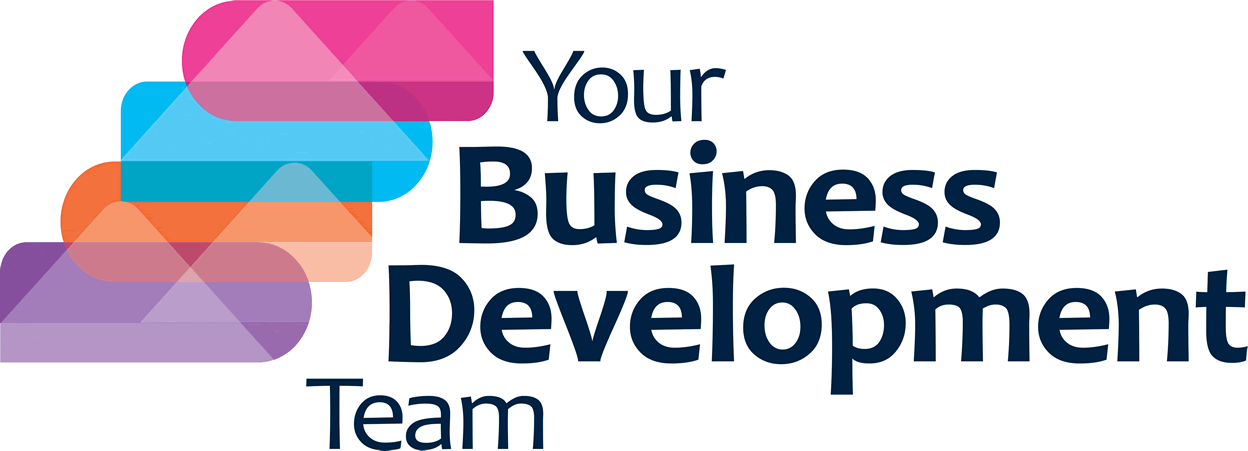Just in case you wanted to know, here are a few fascinating facts about funnels:
- The word funnel came into use in 1400 and originates from the wine making region of southern France.
- The word was shaped from the Latin word fundibulum which means to pour.
- It can be used both as a verb and a noun.
- Synonymous words include mouth, pipe, siphon, tornadoes, tote and transmit
If you were ever involved in a discussion involving marketing or sales, you would have surely discussed the sales funnel. The correct definition of a sales funnel, also known as the sales-process is:
‘The buying process that companies lead their customers through when purchasing products. A Sales funnel is divided into several steps, which differ depending on the sales model’
The reason we liken the process of selling to a funnel has a lot to do with this brilliant quote from my favourite salesperson, Zig Ziegler:
‘Every sale has five basic obstacles:
- No need
- No money
- No hurry
- No desire
- No trust’
This means that in order to complete a successful sale, one has to take a lead through a series of qualifying steps which eventually enables them to confirm their interest in buying our product thus becoming a customer. This process can take anything from a few hours, a few months or even a whole year depending on the complexity, cost and nature of the product.
Many books have been written about the sales process and how you should manage it through using qualifying questions, regular follow ups and trust building activity. However, the point I wanted to make here today is that the type of funnel you choose to apply, makes a very big difference to how many opportunities you identify and most importantly, to your conversion rate. To further illustrate this, let’s consider funnels more carefully. Don’t worry, in my experience, there are two main ones:
- A short funnel, or a sieve, is one that only goes as far as one campaign. For example, you might send out an e-mail campaign, or put out a Blog and leave it there. The problems with this funnel is that you either don’t stick around long enough to make an impact or you end up speaking to people with no real need, money of more commonly, no real desire.
- A Long funnel, or a marble run, is one that follows the process closely through various stages. For example, you might send an e-mail campaign, send people additional information, re-target them through additional adverts, connect with them on LinkedIn and follow up on the telephone.
In other words, you are following the funnel down, uncovering interest and desire then developing trust to ensure that budget is found.
You might have already guessed what my favourite funnel is… Short funnels are easy to create and they give lead generation a bad name. Long funnels, on the other hand, are harder to create but they are much more effective in the long term. Watch this short video to find out more about our lead generation funnel and get in touch to discuss how we can create a tailored funnel to support your sales success.

